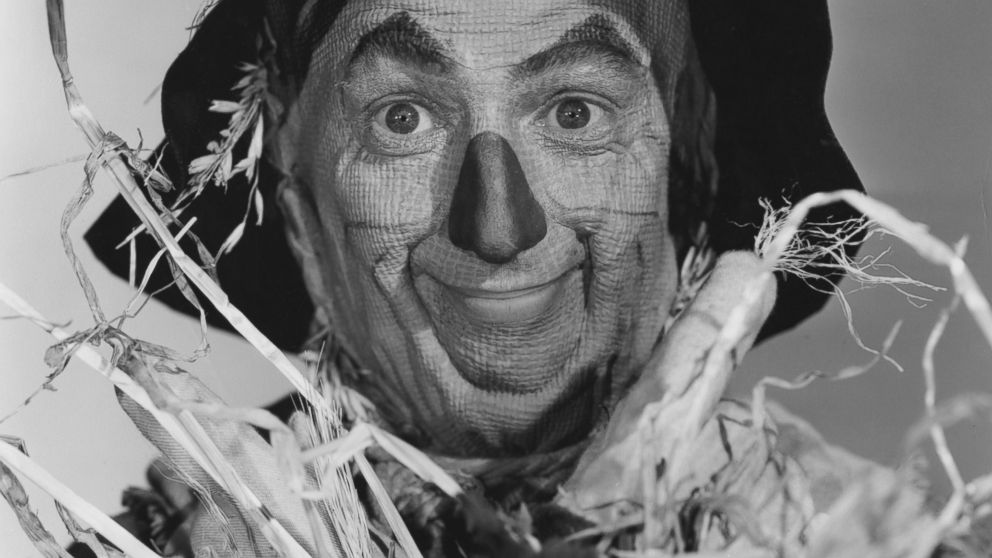Even the Scarecrow Could Get Smarter
Scientists debate the possibility of increasing IQ.

Oct. 20, 2013— -- Like the Scarecrow in "The Wizard of Oz," millions of people seem to think they don't have a brain.
We are besieged with claims these days that for a few bucks and a little time invested in improving the working memory part of our brains -- that's the memory component that lets us recall where we left our car keys, and what to do when we find them -- we can boost a critical part of our intelligence into the stratosphere.
You can get smarter, maybe a whole lot smarter, with just a small investment of your leisure time, according to press releases, magazine articles, and even the Department of Defense, which is spending millions of dollars on efforts to grow smarter recruits.
"I would love to believe that it's true," psychologist Randall W. Engle of the Georgia Institute of Technology said when asked during a telephone interview whether there's any reason to believe claims that we can make ourselves a whole lot smarter.
It isn't true, he insisted, despite the fact that making us smarter has become a huge economic market.
Engle is a leading participant in an often acrimonious debate among scientists over such claims. It has been long believed that human intelligence -- at least the part that lets us tackle new challenges, called "fluid intelligence" -- remains fairly stable for nearly the entire adult lifespan.
It peaks at around the age of 22, but after that, you're stuck with what your mama gave you, although it declines gradually as the years pass due to normal aging processes.
The other part of your IQ, called "crystal intelligence," which is the accumulation of all the facts and figures that lets us pretend to be wise and experienced when we get old, does change significantly, usually for the better.
But it's the fluid intelligence that lets us be human, solving the novel problems that confront us in what Engle called "the junkyard of life."
The issue had remained dormant for decades until a psychologist from Switzerland, Susanne M. Jaeggi, published a stunning paper in the Proceedings of the National Academy of Sciences in 2008 claiming to show that training people to fine tune their working memory improved fluid intelligence. A lot.
Ever since then Jaeggi and her colleague, Martin Buschkuehl, who is also her husband, have rigorously defended their findings. The couple, who are now with the University of Maryland, have been joined by other scientists who have conducted similar experiments and come up with similar results.
But other scientists, including Engle, have repeatedly tried to replicate the experiments with no success. And that's pretty much where the issue stands, with reputable scientists who are affiliated with prestigious institutions reaching opposite conclusions.
What's a body to think?
The issue here is not just whether we can make our brains function better. Of course we can. Everything from diet to exercise to crossword puzzles to video games have been shown to help us keep our wits sharper. But that's different from "fluid intelligence," which is the chiefly genetic capacity to reason.
During our first years on the planet, our IQ can change dramatically as we mature. A recent study from University College London found that between the ages of 12 and 20 IQ could change as much as 20 points, either up or down. That's about the difference between nearly retarded and average.



